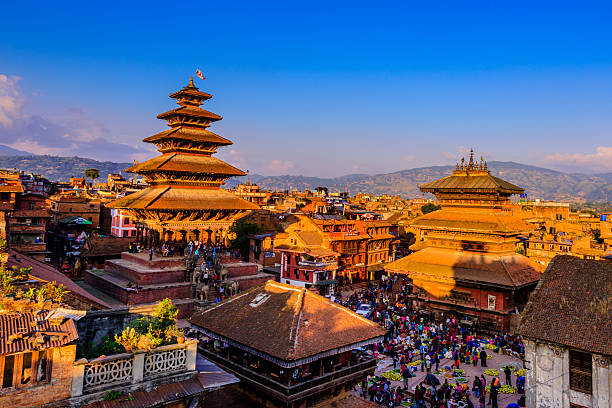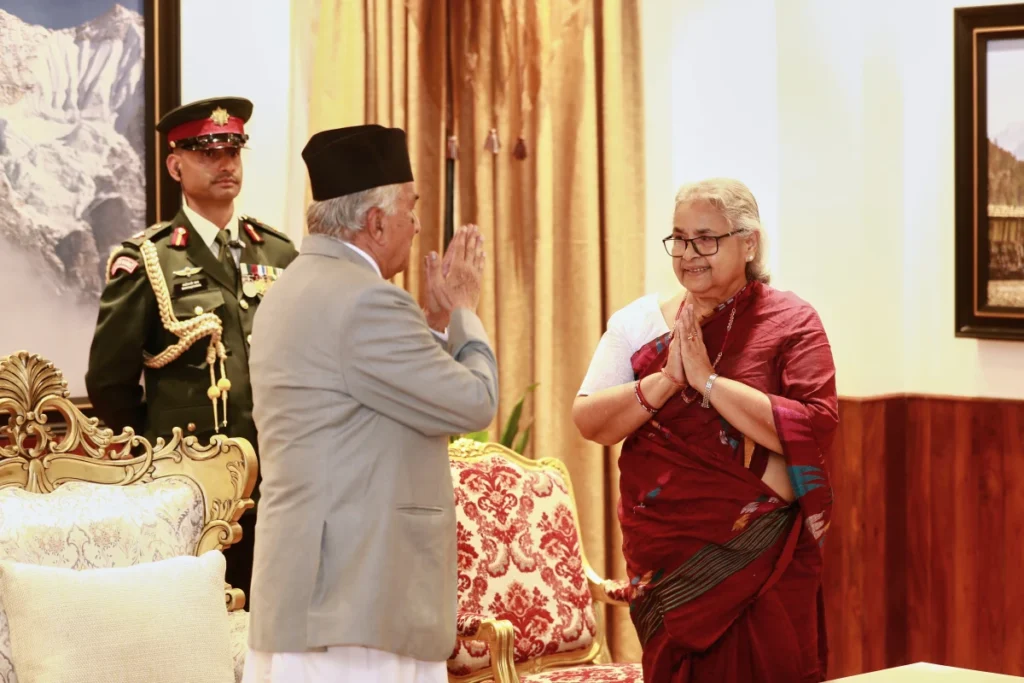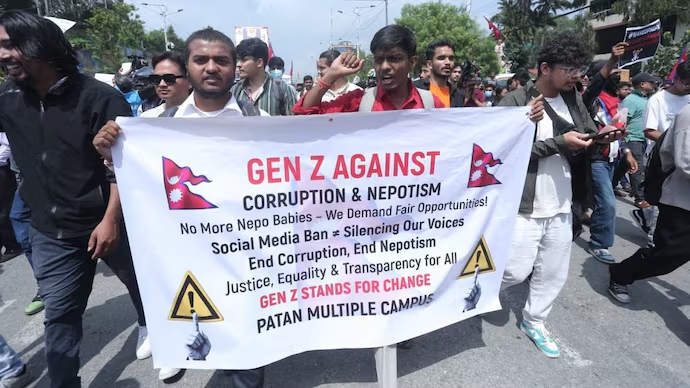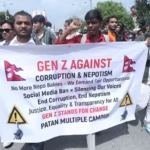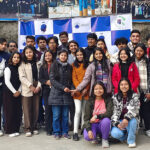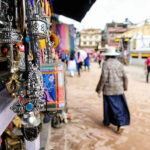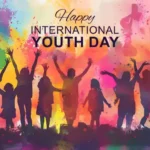Now Reading: Nepal’s Social Media Ban: What It Means for Everyone
-
01
Nepal’s Social Media Ban: What It Means for Everyone
Nepal’s Social Media Ban: What It Means for Everyone
Nepal has recently banned major social media platforms like Facebook, YouTube, Instagram, and X for non-compliance with new government regulations. While the government says the move will reduce misinformation and increase accountability, critics argue it threatens freedom of speech, disrupts businesses, and may harm Nepal’s digital future, including plans for a Digital Nomad Visa. This blog explains the reasons behind the ban, its pros and cons, and offers suggestions for a more balanced approach.
On September 4, 2025, Nepal made global headlines after blocking some of the world’s biggest social media platforms—Facebook, Instagram, YouTube, X (formerly Twitter), LinkedIn, Reddit, WhatsApp, Discord, Snapchat, and many more. In total, around 26 platforms went offline in the country.
Meanwhile, a few apps such as TikTok, Viber, WeTalk, and Poppo Live remained accessible because they complied with government rules.
So, why did this happen, what are the pros and cons, and how does it affect the future of Nepal’s digital plans like the Digital Nomad Visa? Let’s break it down in simple words.
Why Did Nepal Ban Social Media?
The Nepal government recently introduced rules requiring all major social media companies to:
- Register with the Ministry of Communications and Information Technology
- Appoint a local representative
- Set up a grievance officer to handle complaints
- Develop a self-regulation mechanism
When big platforms like Meta (Facebook, Instagram, WhatsApp), Google (YouTube), and X (Twitter) failed to meet these requirements, the Nepal Telecommunications Authority blocked them.
The official reason? To reduce cybercrime, fake IDs, and misinformation, and to make companies more accountable for what happens on their platforms.
Critics, however, say this is more about controlling speech than protecting citizens.
Pros and Cons of the Ban
Pros (Government’s Point of View)
- More accountability: Companies can’t ignore Nepal if they have a local office.
- Tackling harmful content: Easier to control fake news, hate speech, and scams.
- National security: Claimed to protect harmony and prevent online chaos.
Cons (Critics’ Concerns)
- Freedom of expression at risk: Ordinary people lose their voice and access to independent news.
- Hurts students, creators, and businesses: Many rely on YouTube for learning, LinkedIn for networking, or WhatsApp for daily work.
- Uncertainty and fear: If such big platforms can be banned overnight, what comes next?
How Will This Affect Nepal’s Digital Nomad Visa?
Nepal has been working on plans to attract digital nomads—foreigners who live in Nepal while working online for global companies. This is a huge opportunity for Nepal’s economy.
But here’s the problem:
- Remote workers need access to social media for networking, marketing, or simply communicating with clients.
- Many essential tools—like LinkedIn, YouTube, and WhatsApp—are now blocked.
- The ban creates a perception that Nepal is not reliable for long-term digital freedom.
In short: This move could scare away digital nomads, reducing the country’s chances of becoming a global hub for remote workers.
What Nepal Could Do Instead
Instead of outright bans, Nepal could take a balanced approach:
- Regulate, don’t restrict – Enforce rules for accountability but keep services online.
- Be transparent – Clearly define violations and offer an appeal process.
- Work with experts – Involve tech companies, journalists, and civil society in making policies.
- Support digital nomads – Guarantee open access to essential platforms for work and education.
- Promote digital literacy – Teach people how to use social media responsibly rather than shutting it down.
Final Thoughts
Nepal’s social media ban is one of the boldest moves the country has made in recent years. While the government argues it is about safety and accountability, it risks hurting democracy, innovation, and the economy.
If Nepal wants to attract global opportunities—like becoming a hotspot for digital nomads—it must focus on smart regulation, not blanket restrictions.
In the digital age, openness and trust are just as important as security.


